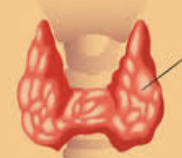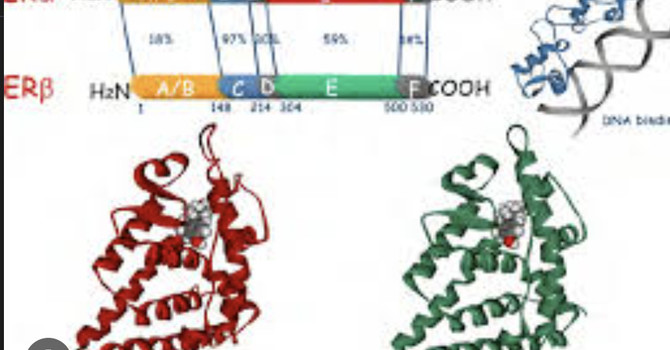
As women enter menopause, understanding thyroid function becomes crucial for maintaining overall health and managing menopausal symptoms effectively. This two-part blog series will explore the intricate connection between thyroid health and menopause, offering insights and strategies for menopausal women to optimize their well-being.
The Thyroid-Menopause Connection
The thyroid gland plays a vital role in regulating metabolism, energy levels, and body temperature. These functions are particularly important during menopause when hormonal fluctuations can cause similar symptoms. Hypothyroidism, or an underactive thyroid, is especially common in menopausal women and can often mimic or exacerbate menopausal symptoms.
Common symptoms of hypothyroidism include:
- Fatigue
- Weight gain
- Cold intolerance
- Constipation
- Dry skin and hair loss
It's essential for menopausal women to be aware of these overlapping symptoms and consider thyroid function when addressing their menopausal health.
Comprehensive Thyroid Assessment: Beyond TSH and Free T4
Contemporary medicine often relies solely on TSH (Thyroid Stimulating Hormone) and Free T4 levels to assess thyroid function. However, this limited approach can miss subtle thyroid imbalances that may significantly impact a woman's health during menopause. A more comprehensive thyroid panel is crucial for menopausal women.
This expanded panel should include:
- TSH
- Free T3
- Free T4
- Total T3
- Reverse T3
- Thyroid antibodies
This comprehensive testing can help identify subtle thyroid imbalances that might be contributing to menopausal symptoms, which may be overlooked by standard TSH and Free T4 tests alone.
The Importance of Free T3
While many doctors focus on TSH and Free T4, Free T3 is actually the active form of thyroid hormone that affects metabolism and other bodily functions. Assessing Free T3 levels can provide valuable insights into how well the body is converting T4 to T3, which is crucial for optimal thyroid function.
Reverse T3: The Often Overlooked Marker
Reverse T3 is a thyroid hormone that can block the action of regular T3. Elevated levels of Reverse T3 can indicate stress, inflammation, or other health issues that may be impacting thyroid function. By including Reverse T3 in the thyroid panel, healthcare providers can gain a more complete picture of thyroid health.
Thyroid Antibodies: Uncovering Autoimmune Issues
Testing for thyroid antibodies, such as those associated with Hashimoto's thyroiditis, can reveal autoimmune issues that may be affecting thyroid function. This is particularly important for menopausal women, as autoimmune thyroid conditions are more common in this age group. By looking at all these markers, healthcare providers can gain a more comprehensive understanding of thyroid function and provide more targeted and effective treatment for menopausal women experiencing thyroid-related symptoms.
In Part 2 of this series, we'll explore natural approaches to optimizing thyroid health during menopause, including dietary strategies, lifestyle modifications, and nutritional support.
Dr. Anat Sapan MD, specializing in peri/menopause care, advocates for a personalized approach combining Bioidentical Hormone Replacement Therapy with lifestyle strategies. Her telemedicine services in Arizona, California, Florida, Illinois, New York and Arizona. I aim to help women overcome menopausal symptoms and enhance their quality of life.

Anat Sapan, MD
Contact Me



